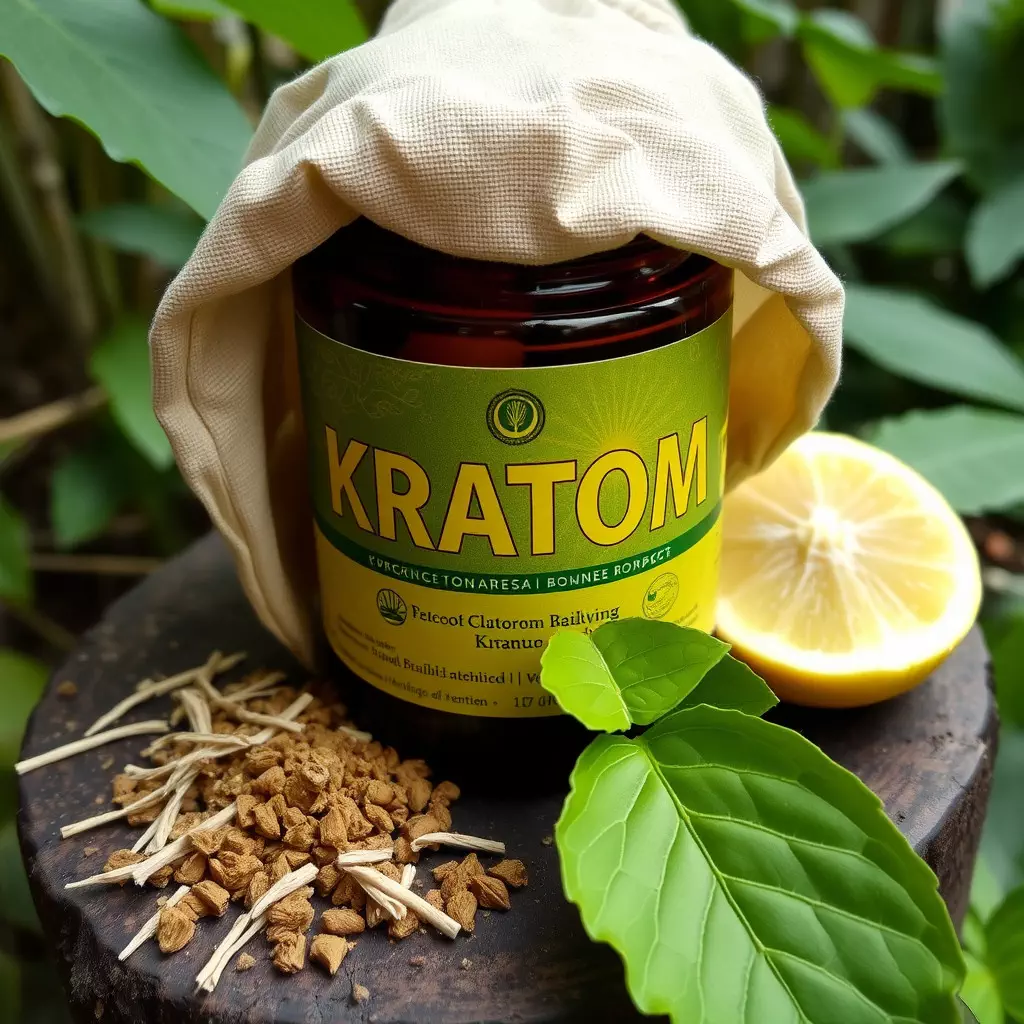As of 2023, kratom's legality in Colorado is subject to state and local laws, with it generally being permissible under state regulations, but this could change as legal status is under constant review. Athletes in Colorado should monitor the evolving legal landscape of kratom closely to ensure they are not violating any local ordinances or future state legislation. Kratom, derived from Mitragyna speciosa, contains alkaloids like mitragynine and 7-hydroxymitragynine, which some athletes use for its potential to enhance endurance and recovery. However, its opioid-like effects have led to it being classified as a Schedule I controlled substance by the Colorado Department of Public Health and Environment in other jurisdictions. Athletes must be aware that kratom is not on the World Anti-Doping Agency's list of prohibited substances but should consult with healthcare professionals and sports regulatory bodies before use due to concerns over its long-term effects, potential for abuse, and dependency risks. Additionally, athletes in sports governed by organizations like the NCAA must ensure that kratom is not a banned substance under their rules, which are updated regularly. Understanding both the legal and physiological implications of using kratom is essential for Colorado athletes who wish to use it within the bounds of state law and sports regulations.
Exploring the nuanced relationship between natural supplements and athletic prowess, our article delves into the role of kratom as a performance enhancer. As we navigate its complex legal standing in Colorado—a critical aspect for any athlete or coach considering its use—we provide a clear-eyed examination of kratom’s potential benefits within the realm of sports performance. From understanding its current legal status to evaluating the practicalities and considerations for athletes looking to incorporate it into their regimen, this comprehensive guide serves as an essential resource for those in pursuit of peak athletic support. Is kratom legal in Colorado for athletic use? Let’s dissect the evidence and legalities surrounding this compelling topic.
- Kratom's Role in Athletic Performance: Understanding Its Legal Status in Colorado
- Exploring the Potential of Kratom for Enhanced Athletic Support: Benefits and Considerations
- Navigating Kratom Legality and Use for Athletic Performance in Colorado: A Comprehensive Guide
Kratom's Role in Athletic Performance: Understanding Its Legal Status in Colorado

Kratom, a plant from Southeast Asia whose leaves contain compounds that can have stimulating or sedative effects, has gained attention in athletic circles for its potential impact on performance. The active components in kratom, mitragynine and 7-hydroxymitragynine, may influence energy levels, pain perception, and mood, which could benefit athletes seeking to enhance their endurance or recover from intense training sessions. However, the legal status of kratom is subject to varying regulations across different states in the U.S., including Colorado.
As of the knowledge cutoff date, kratom’s legal status in Colorado has been a matter of legislative debate. While the federal government has not explicitly scheduled kratom as a controlled substance under the Controlled Substances Act, the Colorado Department of Public Health and Environment listed it as a Schedule I controlled substance due to its opioid-like effects. This classification restricts its sale and possession within the state’s boundaries. Athletes considering the use of kratom for performance enhancement should first verify the current legal status, as laws can change, and understand that any substances not approved by sports governing bodies may be subject to testing and could lead to sanctions. It is crucial for athletes to consult with healthcare professionals and adhere to the regulations set forth by their sport’s regulatory body before incorporating kratom into their training or performance regimen.
Exploring the Potential of Kratom for Enhanced Athletic Support: Benefits and Considerations

Kratom, a plant originating from Southeast Asia, has garnered attention within athletic communities for its potential ergogenic properties. Proponents suggest that certain strains of kratom may offer heightened energy levels and improved focus, which can be beneficial for athletes seeking to enhance their performance. The alkaloids found in kratom leaves, primarily mitragynine and 7-hydroxymitragynine, are thought to interact with the body’s opioid receptors, potentially leading to reduced fatigue and increased stamina. For those in Colorado considering its use, it’s important to note the legal status of kratom in the state. As of my knowledge cutoff in 2023, kratom is legal in Colorado, but its legality can be subject to change due to ongoing regulatory considerations at both state and federal levels. Athletes looking to incorporate kratom into their regimen should stay informed on the evolving legal landscape surrounding this substance.
While the benefits of kratom for athletic performance are promising, it’s crucial to approach its use with caution and a clear understanding of its effects. Kratom can affect heart rate, blood pressure, and alertness, which may be advantageous during training or competition but could also pose risks if not used responsibly. Additionally, the long-term effects of kratom consumption are still under investigation, and there are concerns about its potential for abuse and dependency. Athletes interested in using kratom should consult with healthcare professionals to ensure it aligns with their overall health and performance goals. Furthermore, adhering to the guidelines set forth by sports governing bodies, particularly those related to banned substances, is essential to maintain fairness and eligibility in competitive sports.
Navigating Kratom Legality and Use for Athletic Performance in Colorado: A Comprehensive Guide

In the context of athletic performance support, individuals in Colorado considering the use of kratom must first navigate its complex legal status within the state. Kratom, a plant-based product derived from the leaves of Mitragyna speciosa, has gained attention for its potential to enhance endurance and reduce recovery time. However, before integrating it into an athletic regimen, it’s crucial to understand kratom’s legal position in Colorado. As of the latest update, kratom is legal at the federal level but subject to regulations that vary by state. In Colorado, kratom is legally permissible, with specific legislation guiding its sale and distribution. Nonetheless, local municipalities may have their own ordinances, and the legality can change, so staying informed about current laws is essential for compliance. Athletes looking to use kratom should also be aware of the product’s purity and potency since the market has not been uniformly regulated. This is particularly important given that kratom can have varying effects on individuals, which can impact performance and may necessitate adjustments in dosage and frequency of use. Users must exercise caution, adhere to local regulations, and consult with healthcare professionals when incorporating kratom into their fitness routines to ensure both legality and safety.
For those engaging in competitive sports governed by organizations like the NCAA or professional leagues, it’s imperative to verify if kratom is on the list of prohibited substances. The World Anti-Doping Agency (WADA) updates its list regularly, and athletes should always refer to the latest version to avoid any potential violations. In Colorado, where outdoor activities and endurance sports are popular, understanding the intersection of kratom legality and athletic performance is vital for both amateur and professional athletes alike. Ensuring that one’s use of kratom aligns with state and local laws, as well as the rules set forth by governing sport bodies, will help maintain eligibility and focus on achieving optimal performance outcomes.
In conclusion, the exploration of kratom’s role in athletic performance within the context of its legal status in Colorado presents a nuanced discussion. As outlined in the article, kratom offers potential benefits for athletic support, yet it is imperative to navigate its legality with caution. The Colorado legislature has specific regulations governing its use, which athletes must adhere to. It’s clear that understanding the intricacies of these laws is essential for those seeking to incorporate kratom into their performance regimen. For individuals interested in the intersection of kratom and athletics, a comprehensive approach that prioritizes legal compliance and responsible use is necessary. With continued research and regulation, the potential of kratom as an athletic performance support tool may be further realized while ensuring the health and safety of athletes in Colorado.






